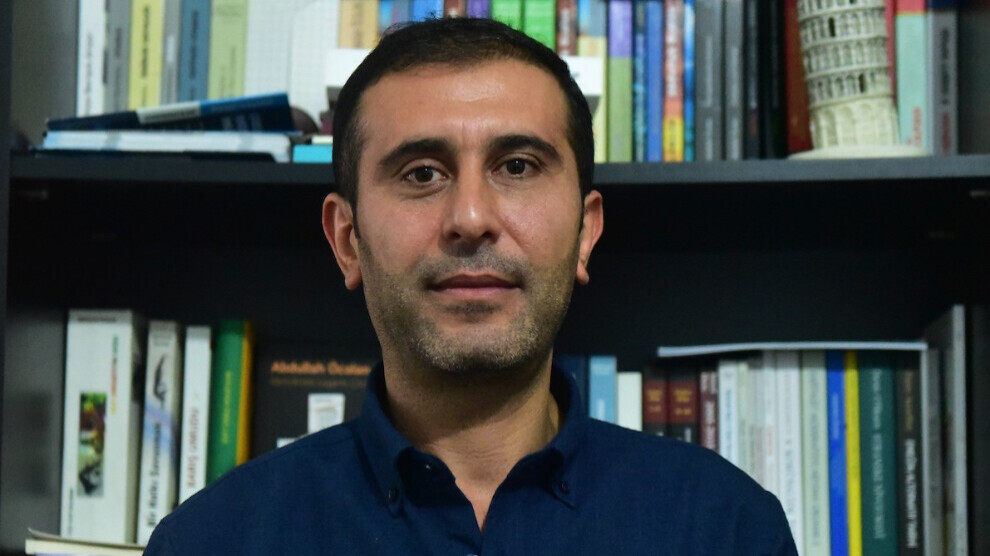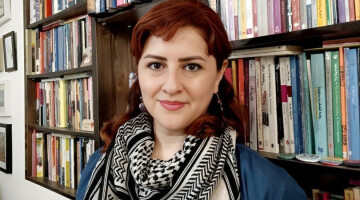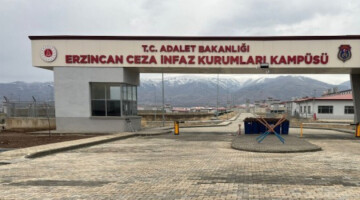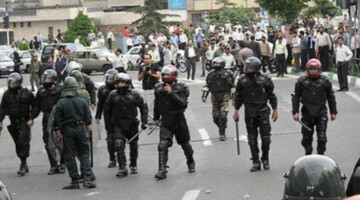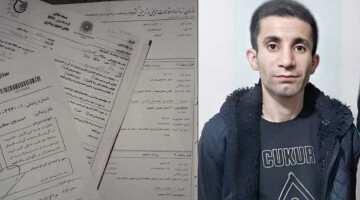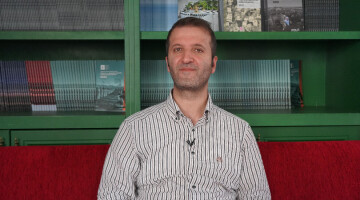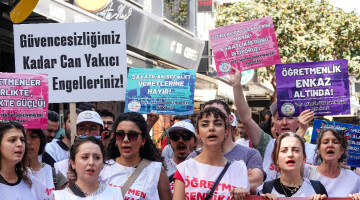On 23 October 2020, the Standing Committee on behalf of the Parliamentary Assembly of the Council of Europe confirmed the resolution of the Committee on Compliance with the Commitments of the Member States on the repression of the civil and political opposition in Turkey. In addition, requests were made to lift the isolation of Abdullah Öcalan and his fellow prisoners on Imrali and to implement all recommendations of the anti-torture committee CPT.
The Parliamentary Assembly of the Council of Europe has added a section on isolation on the Imrali prison island to the Turkey report. What does that mean?
This addition is extremely important and proves that Turkey's lawlessness has now reached a point where it can no longer be ignored. It also shows that the CPT's reports are being followed and that the discussion is now on the agenda in Europe too.
Is this report binding for Turkey?
Yes, there is a commitment, because Turkey is a member of the Council of Europe and has signed the founding declaration and the human rights convention. The report is therefore binding. Turkey has been monitored for its human rights situation since 2017. The report, published and approved on 23 October, states that there are serious and constant regressions on fundamental rights and freedoms. The fact that a specific section of the report refers to the lawlessness of Imrali also shows that isolation is an integral part of the complete distancing from the fundamental principles of a rule of law on the part of Turkey. Turkey must adhere to the provisions of the resolution, otherwise it can even be excluded from the Council of Europe. That would also have economic and other painful consequences.
Immediately after the publication of the CPT report, your client Abdullah Öcalan was banned from contacting lawyers for six months. In your opinion, is there a connection?
The CPT report contains important findings and proposals for the government to end the isolation. The fact that the enforcement court in Bursa issued such a prohibition order immediately afterwards is, from our point of view, incomprehensible and unjustifiable. Instead of implementing the proposals, the government orders further bans and challenges the CPT, so to speak. This will further accelerate the discussion about Turkey's position in the European system.
In any case, Öcalan has not been able to communicate with his lawyers and family members for years. What is the point of this ban on visiting, then?
Presumably, Turkey wants to cover up its lawlessness. From 27 July 2011 and to this day, only five visits by lawyers have taken place, all in 2019. As it is well known, these visits were allowed after the mass hunger strike initiated by Leyla Güven in the prisons. Since our last meeting on 7 August 2019, none of our weekly requests for visits have been granted. No decision on the applications has been made until September 2020, now the ban on lawyers imposed on 23 September is presented to us as the reason for the rejection. The inhuman isolation cannot be legitimized or legally justified. As I said, European bodies are now also bringing this up.
The European Court of Human Rights decided in 2014 that the detention of your client Öcalan should be re-examined in 2024. This decision has recently been raised again. How do you assess that?
Right, with this ruling the European Court of Human Rights basically officially stated that the form of execution applied to Imrali falls within the area of the prohibition of ill-treatment and torture. In summary, the verdict states that imprisonment to death without hope of release is torture. As we have always said, every day spent in isolation on Imrali equals to torture. The ECHR emphasizes that this penalty must be reviewed and limited after a certain period of time. This not only applies to Öcalan, but also to many other people. Turkey must implement this judgment.
It is well known that the Council of Europe is responsible for the implementation of the ECHR decisions. In this context, we have been in constant contact with the Council of Europe's Council of Ministers since 2014. Turkey persistently postpones the legal regulations resulting from the ECHR judgment. It is nothing new that certain circles make political calculations regarding our client from time to time on the basis of political considerations. Actually, the discussions in these circles on this topic are in a certain way an expression of the fact that, according to universal legal standards, all people are equal before the law and that Mr. Öcalan is no exception. In this respect, the implementation of the ECHR judgment is inevitable. On the other hand, these discussions are far from any ethics, because these circles are trying to criminalize our client's efforts for a democratic solution and peace, which have been going on for 21 years. However, these attempts are in vain. Mr Öcalan's efforts for peace have penetrated the society as a whole in Turkey. Sooner or later the legal requirements will be met and an atmosphere of democracy and peace will finally return to Turkey.

